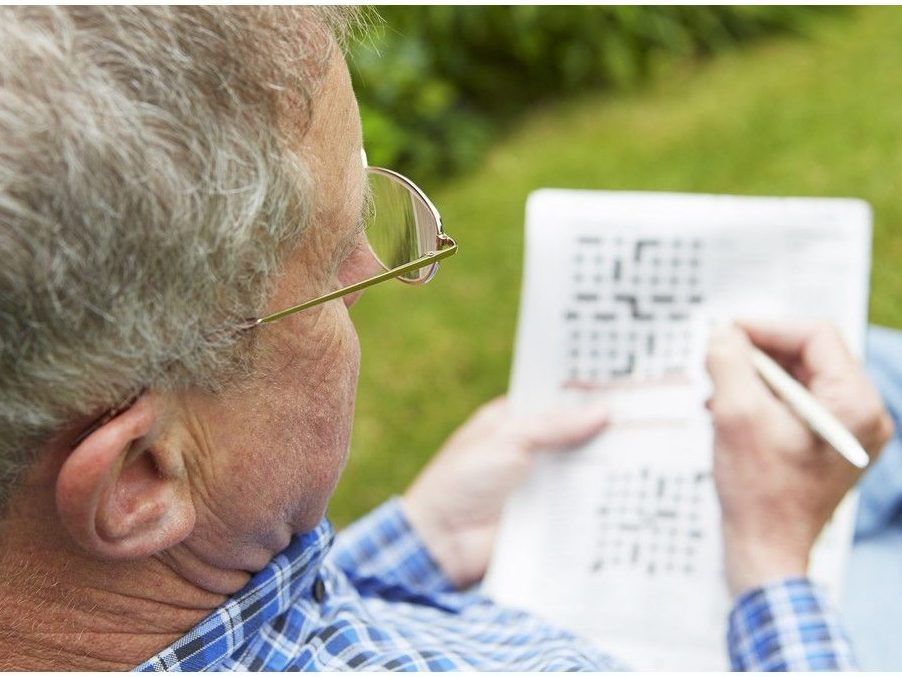"What’s good for your heart is good for your brain. Research suggests high blood pressure in midlife leads to increased risks of dementia. Untreated hearing loss can increase the risk of cognitive decline and dementia.
Exercise delivers more oxygen to the brain and fosters the growth of new nerve cells, which are crucial for memory, learning and decision-making. Incorporating moderate-intensity movement, such as brisk walking, into daily routines can slow cognitive decline."
"Alzheimer’s is a disease of misconceptions. Many people aren’t entirely sure of the difference between Alzheimer’s and dementia. There are over 100 different types of dementia, and Alzheimer’s is the most common."
“When a diagnosis is made, they often don’t know if it’s Alzheimer’s or dementia, and there can even be multiple dementias happening for a person. Sometimes it’s not until an autopsy that they can tell what type,” admits Barb Ferguson, executive director of Alzheimer Calgary.
EARLY DIAGNOSIS IMPERATIVE
“The earlier people connect to resources and services, the better the outcome for families. Some people delay seeking a diagnosis until a crisis occurs, and a person could end up in the ER,” warns Ferguson.
Contrary to popular belief, a diagnosis of dementia doesn’t signal the end of a purposeful life."
“We don’t want anyone defined by dementia. You can still be active in your community, socialize with friends, and maintain some of your hobbies. It may look a little different, but you can still have meaningful relationships after a diagnosis,” assures Ferguson.
Photo credits to Unsplash



